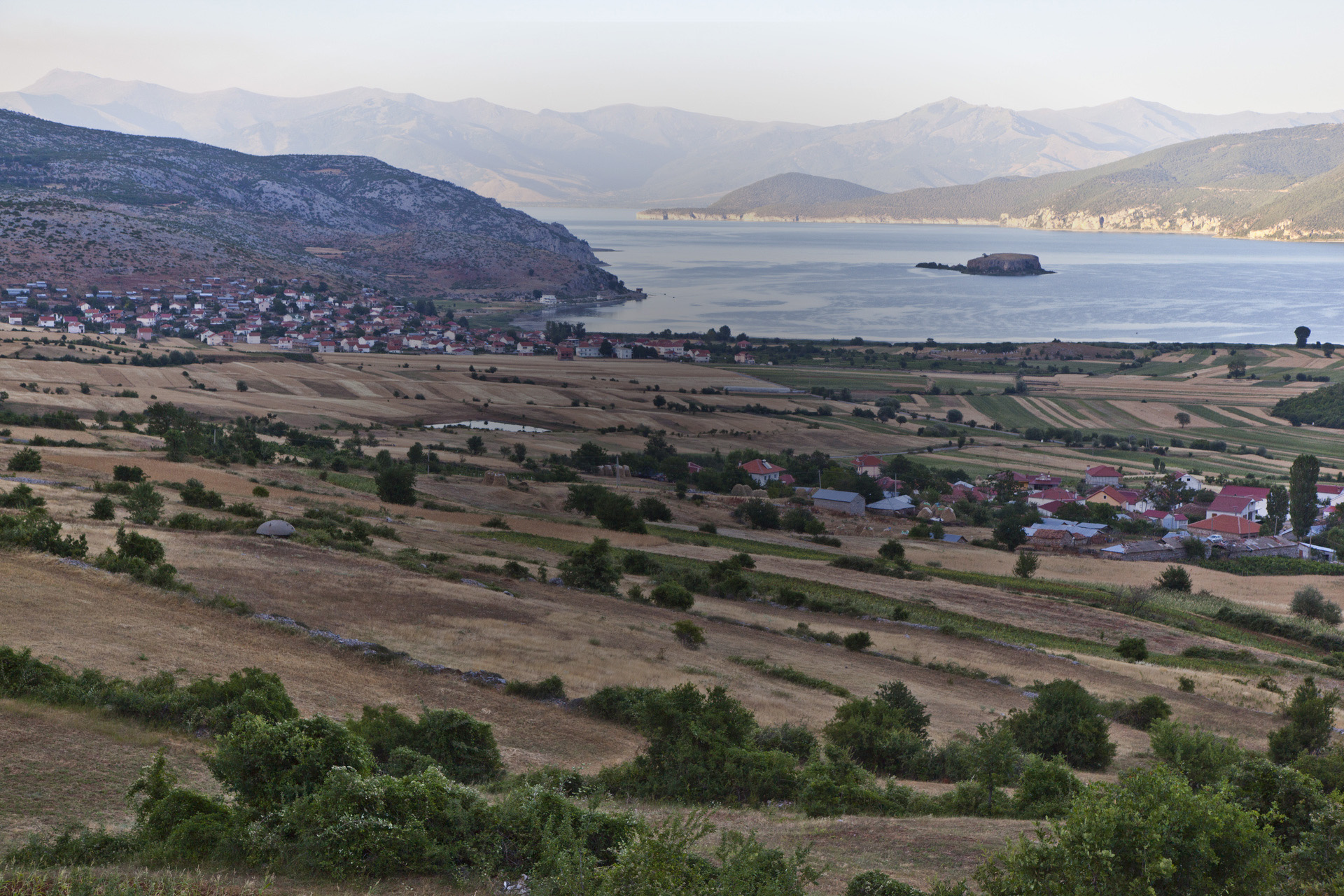
Info
It has a surface of about 27,750 hectares and is situated at the cross border of Albania, Greece and Macedonia. It consists of both lakes Big Prespa and Small Prespa as well their reservoirs of water. This area is very rich in cultural values. Worth mentioning is the eremitic churches of Byzantine Age and the cave of Treni, located in the lake of Small Prespa. Here are discovered settlements of the early age of bronze, where the castle of Trajan is among the largest prehistoric place of this district, build up in the 8th century BC and the church of Saint Mary built up in the island of Maligrad in 14th century. This region is considered of significant echo-tourism potential. The Lake of Big Prespa and the Lake of Small Prespa are part of the Balkan Park of Prespa, by an agreement signed by the respective Prime Ministers. There is potential for development of echo-tourism, recreation, sportive fishing, gathering and trading of medicinal plants, familiar tourism, bird watching, blue tourism, aquatic sports etc.
The water level to 849 meters above sea level. It is up to 54 meters deep and is therefore related to Greece only to the three lakes, which have a water depth of more than 50 m. The Great Prespa lies largely in the Republic of Macedonia (~ 190 sq. km) and Albania, the smallest part in the south part of the territory of Greece.
Just south lies the Small Prespa, which is separated from the large Lake Prespa by a narrow land bridge and the water surface is four meters higher than that of the Great Prespa. The Small Prespa drains into the Great Lake Prespa. The main part of the lake is located in the Greek, the extreme west on Albanian territory.
The Prespa is surrounded by high mountains. Its banks are fragmented and there are several small islands. The lake is fed primarily by underground streams and some tributaries. The drain is deeper underground to Lake Ohrid.
The lake is very rich in fish and habitat for many rare animal and plant species. He is particularly significant as breeding and wintering habitats for rare bird species, such as the white pelican (Pelecanus onocrotalus ) and the Dalmatian Pelican ( P. crispus).
The Prespaseen wetlands are particularly sensitive in terms of the Ramsar Convention. The Great Lake Prespa is the center of the Prespa National Park, which was founded by the three littoral states jointly and one of the largest European’s nature reserves.
Due to low rainfall and increased abstraction of water for agriculture and household.
Contact
Address:
Parku Kombetar i Prespes, Gorice,
Korce. Albanija
Telephone:
+355 67 2044 123

